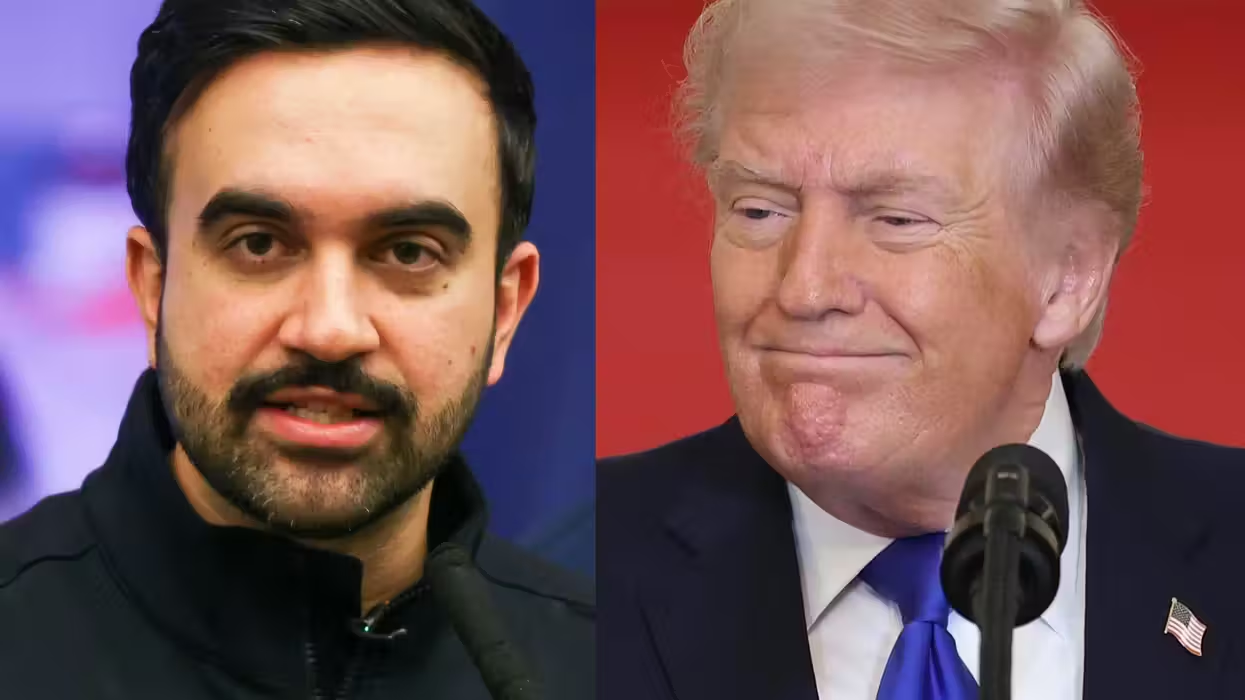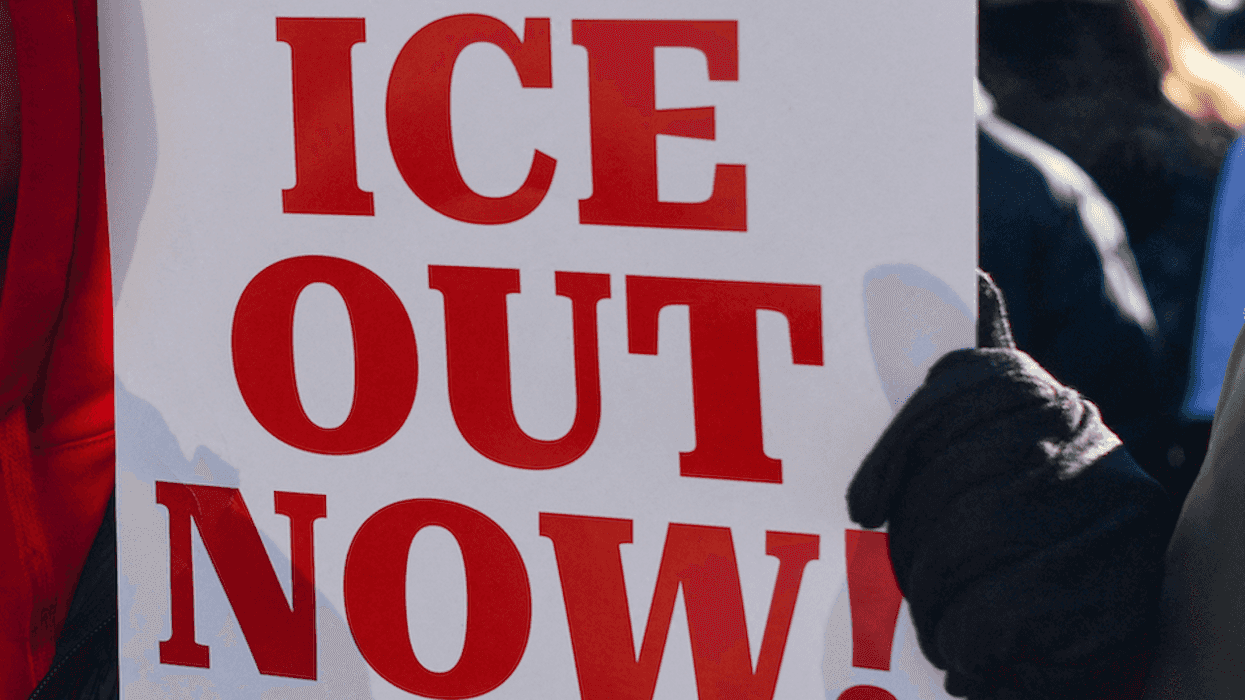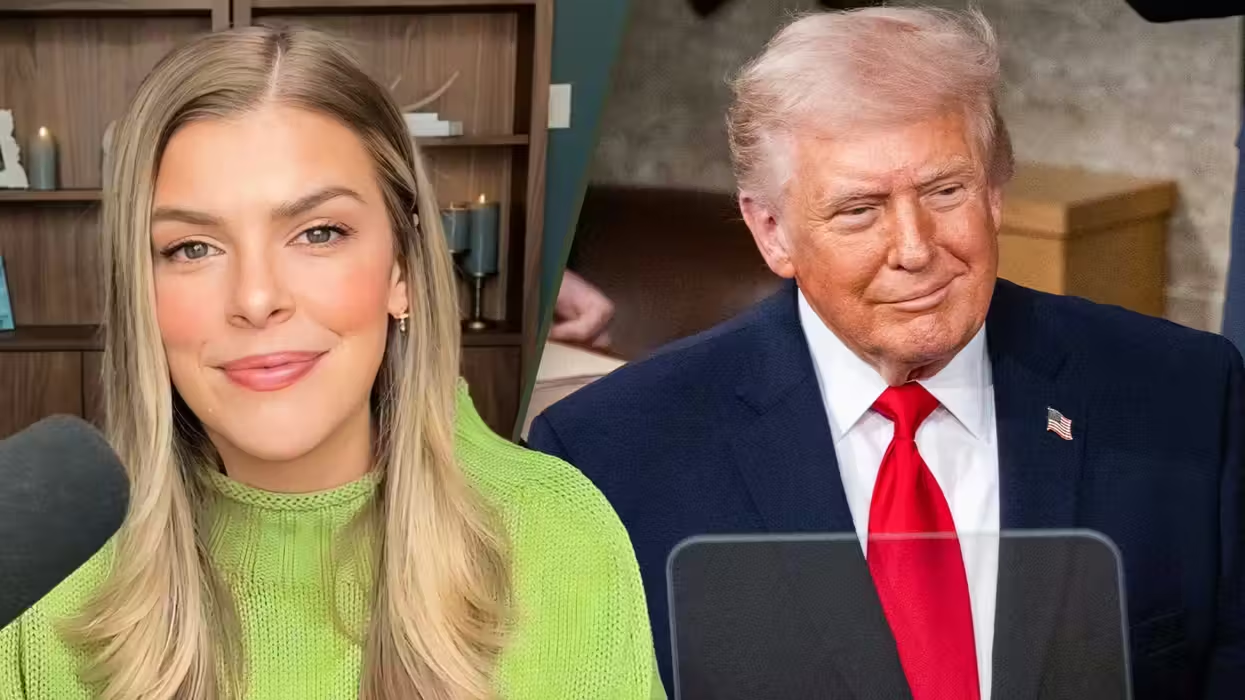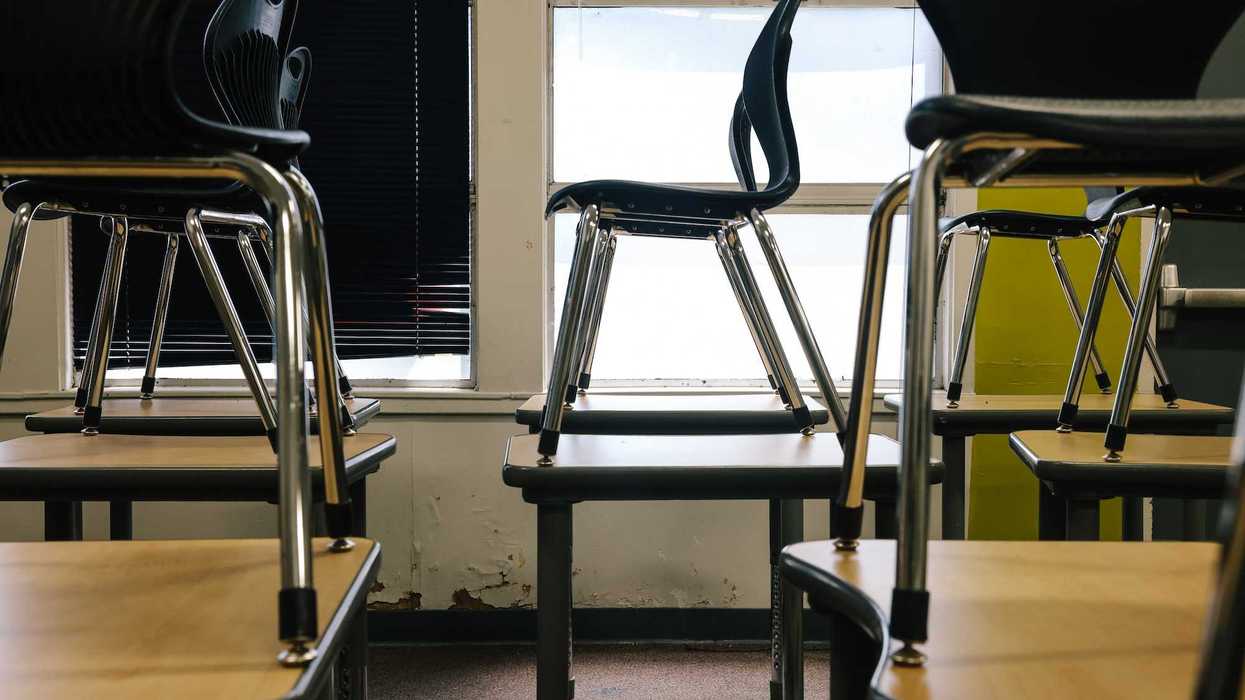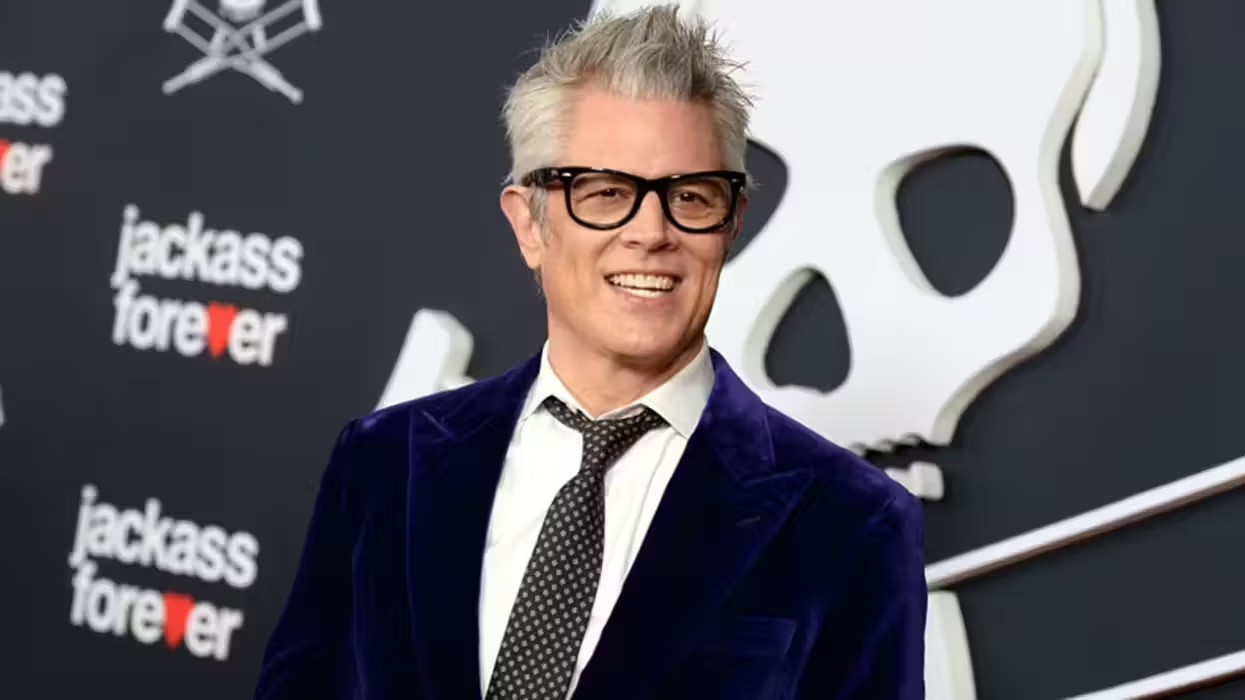For the third time, the Obama administration traded prisoners to gain the release of Americans held captive abroad, prompting critics to question if such swaps could be an incentive for rogue nations to capture more Americans.
Addressing this point, White House press secretary Josh Earnest invoked former President Ronald Reagan and the Iran-Contra affair of 1987.
"It’s not distant or ancient American history. President Reagan acknowledged on live television that he traded arms for hostages," Earnest said. "I haven’t heard a lot of Republican criticism of that. So, maybe they are so reflexively committed to defending those kinds of actions that it’s hard for them to consider what can be gained by a humanitarian release of non-violent individuals, most of whom were American citizens by the way, in the United States, to secure the release of American citizens being detained by Iran."
 White House press secretary Josh Earnest (AP Photo/Evan Vucci)
White House press secretary Josh Earnest (AP Photo/Evan Vucci)
Over the weekend, the White House announced that the United States secured the release of four Americans held captive in Iran. In exchange, the U.S. pardoned or dropped charges against seven Iranians — six of whom have dual U.S.-Iranian citizenship — accused or convicted of violating U.S. sanctions.
The Americans released were Christian pastor Saeed Abedini, Washington Post journalist Jason Rezaian, former U.S. Marine Amir Hekmati and Nosratollah Khosravi-Roodsari, whose name had not been previously made public. A student named Matthew Trevithick was released in a move unrelated to the swap, U.S. officials said.
Previously, the the United States released three Cuban spies to gain the release of American Alan Gross being held captive in Cuba. Also, the Obama administration traded five Taliban prisoners for the release of Bowe Bergdahl.
The United States also paid $1.7 billion to the government of Iran regarding a financial dispute that predates the revolution, in which the United States was going to give $400 million worth of military equipment to the Iranians.
"The reason this ends up being a good deal for taxpayers is that the Iranians were actually seeking $7 billion-$8 billion in interest payments. Taxpayers were very well served in reaching this payment," Earnest said.

 White House press secretary Josh Earnest (AP Photo/Evan Vucci)
White House press secretary Josh Earnest (AP Photo/Evan Vucci)

